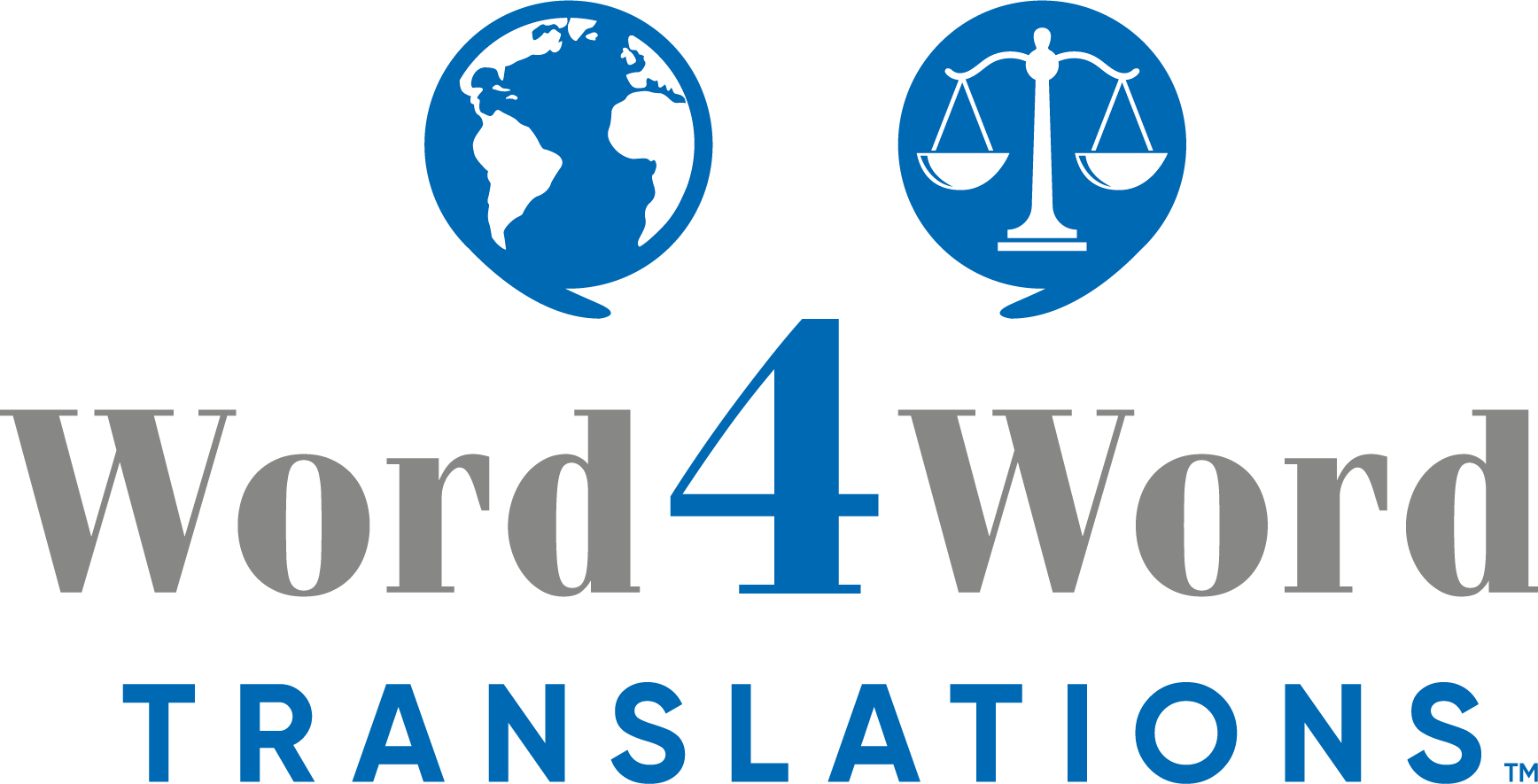Top Tips for Solicitors When Working with Interpreters

In the legal field, effective communication is paramount. Whether it's consulting with clients, negotiating settlements, or presenting cases in court, clear and accurate communication can make all the difference. But what happens when language barriers stand in the way? This is where the expertise of interpreters becomes indispensable. As solicitors, understanding how to work effectively with interpreters is essential for ensuring that justice is served and clients' rights are upheld. Here are some top tips to consider when communicating through interpreters:
Choose the Right Interpreter: Selecting the appropriate interpreter for the job is crucial. Consider factors such as language proficiency, subject matter expertise, and familiarity with legal terminology. A qualified interpreter with experience in legal settings will ensure that communication remains accurate and nuanced.
Provide Background Information: Before any interaction takes place, provide the interpreter with relevant background information about the case, including key legal concepts, terminology, and any cultural nuances that may be relevant. This will help the interpreter accurately convey the intended meaning and context to the client or other parties involved.
Clarify Expectations: Clearly communicate your expectations to the interpreter regarding the tone, style, and level of formality required for the interaction. Additionally, establish ground rules for confidentiality and impartiality to ensure professionalism and integrity throughout the process.
Speak Clearly and Concisely: When communicating through an interpreter, speak clearly and at a moderate pace to facilitate accurate interpretation. Avoid using slang, jargon, or overly complex language that may be difficult to translate. Be concise and articulate to convey your message effectively.
Allow Time for Interpretation: Remember to pause periodically to allow the interpreter time to convey your message accurately. Rushing through the conversation can lead to misunderstandings or inaccuracies in translation. Patience is key when working with interpreters to ensure thorough communication.
Seek Clarification When Needed: If you are unsure whether your message has been accurately interpreted or if you need further clarification on a particular point, don't hesitate to ask. Interpreters are there to facilitate communication, and they will gladly provide clarification or repeat information as necessary.
Maintain Professionalism: Treat the interpreter as a valuable member of the legal team and show respect for their role in facilitating communication. Avoid side conversations or interruptions during interpretation sessions, and address the client directly rather than speaking through the interpreter whenever possible.
Provide Feedback: After the interaction, take the time to provide feedback to the interpreter regarding their performance. Constructive feedback can help interpreters improve their skills and better meet the needs of solicitors and their clients in future engagements.
By following these top tips, solicitors can enhance their effectiveness when communicating through interpreters, thereby ensuring that all parties involved have a clear understanding of the legal proceedings and their rights. Effective communication is the cornerstone of justice, and solicitors play a vital role in upholding this principle, even in the face of language barriers.
